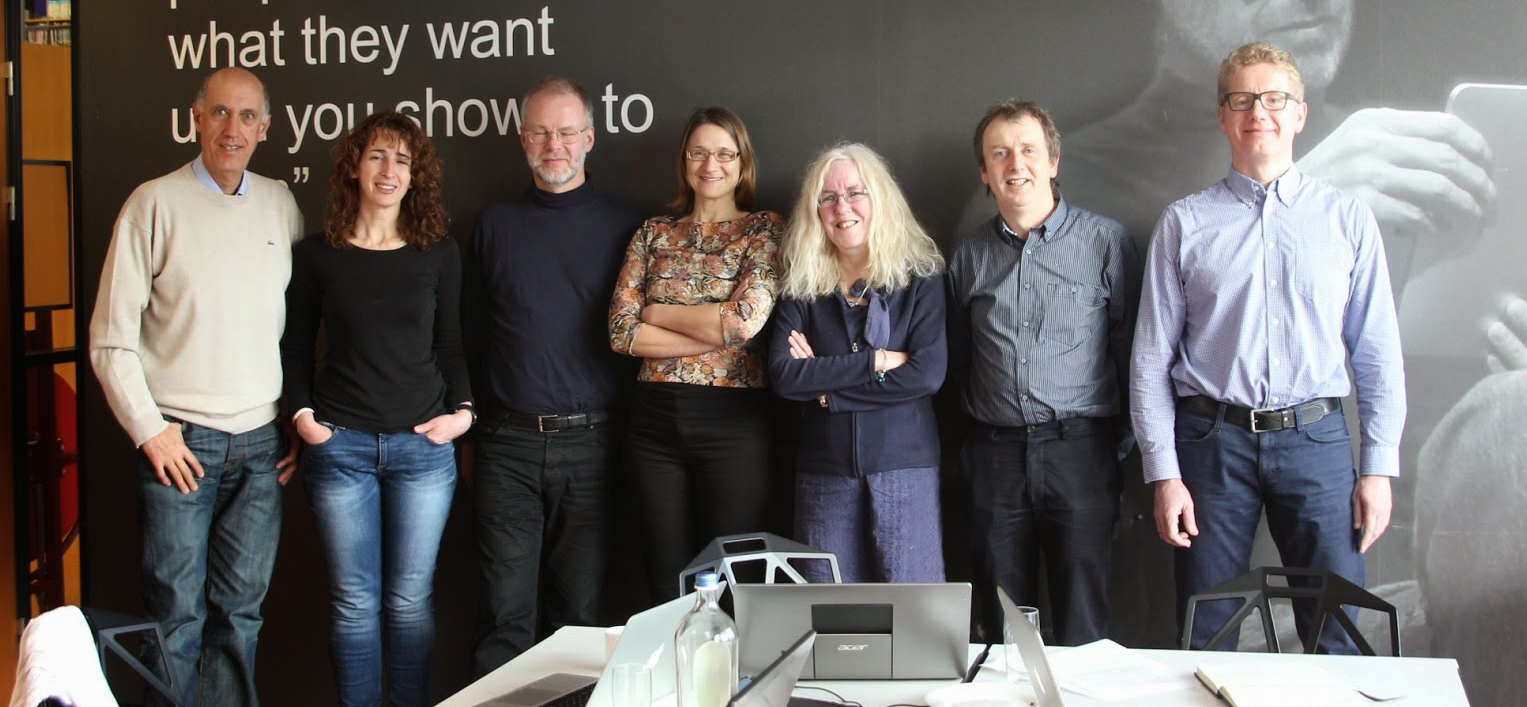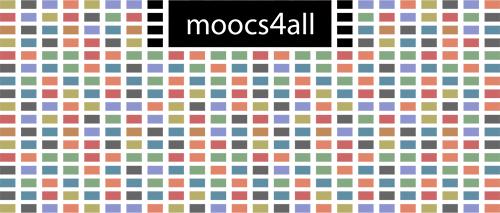This course is closed, please enrol in the new edition
The new edition of this course will start on May 18, 2016, you can enrol here.
About This Course
This course will show you how to build a MOOC at affordable costs. It covers content creation and content sourcing from the web, assessment at large scale through the use of quizzes and peer assignments, communication between learners and course design. In addition to serving the needs of the individual course developer it will also address how institutions can provide services to academics at reasonable costs. To finish the course it will look at the issue of awarding credit for achievement in MOOCs.
This course is being delivered by a team from five European higher education institutions with significant experience in content development, online distance learning and MOOCs. Not only will they be providing you with knowledge and advice drawn from their own research and experiences, they will be creating the opportunity for participants to share their experiences and add more knowledge to the course.

From left to right.
Miquel Duran, Silvia Simon, Jörn Loviscach, Janine Kiers, Gráinne Conole, Brian Mulligan, Matthias Uhl.
Course Staff
Miquel Duran, University of Girona, Spain
Miquel Duran is professor of physical chemistry at the University of Girona carrying out research on theoretical and computational chemistry. He is interested in the use of the Internet in Science Communication and teaching, thus promoting actively open knowledge and MOOCs, and organizing TEDxUdG event. As an active Science disseminator, his main project is "The Magic of Science. His preferred quote is his own "This is me and my digital circumstances".
Silvia Simon, University of Girona, Spain
Sílvia Simon is an assistant professor at the University of Girona, Chemistry Department from 2003 and a researcher at the Institute of Computational Chemistry and Catalysis at the same University. She is in charge of the Chair about Scientific Culture and Digital Communications (C4DUdG) . She has been in charge of a couple of MOOCs and at the present she is working in two more. One of the mail goal of designing MOOCs in C4DUdG is for digital communication of research as well as scientific dissemination.
Jörn Loviscach, Fachhochschule Bielefeld, Germany
Jörn, a professor of technical mathematics and computer engineering, who in his earlier years has worked both as a journalist as well as a graphics designer, does R&D on education, has authored a MOOC for Udacity in 2012, and supports a substantial number of students all across German-speaking Europe with his nearly 3000 videos on YouTube.
Janine Kiers, Delft University of Technology, The Netherlands
Janine, Product Manager DelftX MOOCs, has international working experience in industry and academia, from biotechnology to capacity development. She has developed MOOCs and overseen production and delivery of the DelftX MOOCs on edx.org since 2013. She loves the innovative aspects of MOOCs and the potential they bring to the educational landscape.
Brian Mulligan, Institute of Technology Sligo, Ireland.
Brian is an engineer who has lectured in Sligo since 1984. Since 2000 he has been developing online distance learning courses and more recently working on low-cost development methods and MOOCs. Brian is the coordinator of this course.
Matthias Uhl, Germany
Matthias is a media scientist, philosopher, biologist with experience in journalism and advertising. He has done research on how people and media interact, what users do with media and what effects media have on their users.

